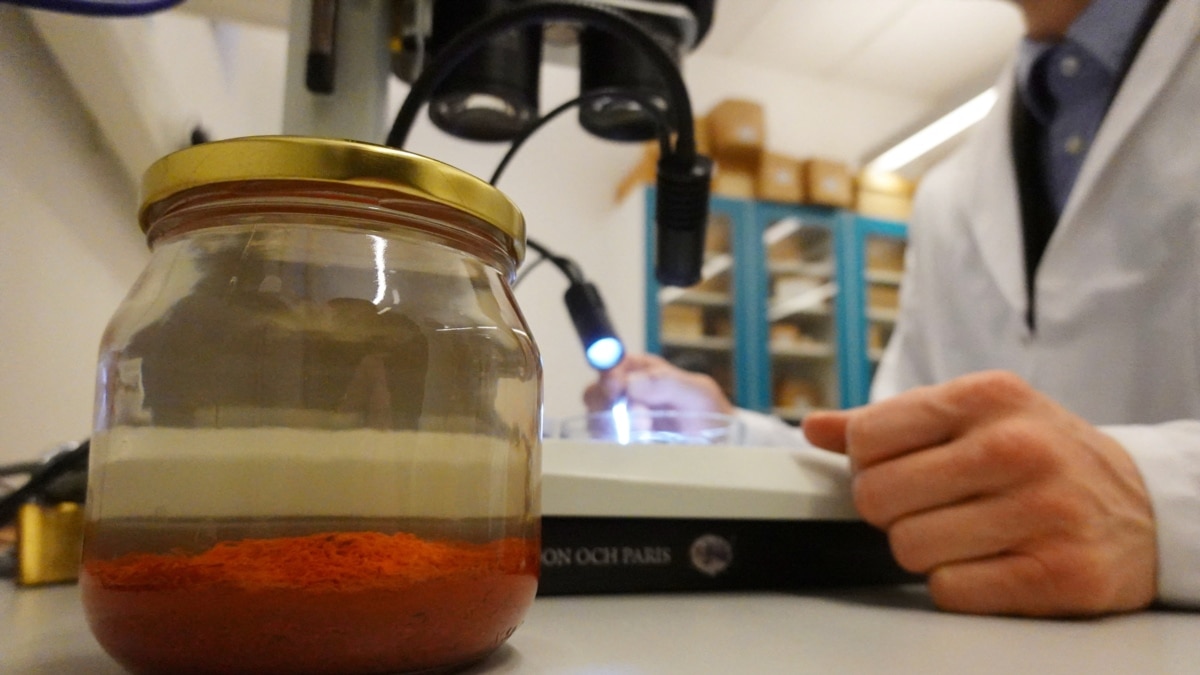This website uses cookies so that we can provide you with the best user experience possible. Cookie information is stored in your browser and performs functions such as recognising you when you return to our website and helping our team to understand which sections of the website you find most interesting and useful.


Archaeologists say they have uncovered a "unique" cache of well-preserved spices, from strands of saffron to peppercorns and ginger, on the wreck of a royal ship that sank off Sweden's Baltic coast more than 500 years ago.
The wreck of the Gribshund, owned by King Hans of Denmark and Norway, has lain off the coast off Ronneby since 1495, when it is thought to have caught fire and sank as the monarch attended a political meeting ashore in Sweden.
Rediscovered by sports divers in the 1960s, sporadic excavations of the ship have taken place in recent years. Previous dives recovered large items such as figureheads and timber. Now an excavation led by Brendan Foley, an archaeological scientist at Lund University, has found the spices buried in the silt of the boat.
"The Baltic is strange - it's low oxygen, low temperature, low salinity, so many organic things are well preserved in the Baltic where they wouldn't be well preserved elsewhere in the world ocean system," said Foley. "But to find spices like this is quite extraordinary."
The spices would have been a symbol of high status, as only the wealthy could afford goods such as saffron or cloves that were imported from outside Europe. They would have been travelling with King Hans as he attended the meeting in Sweden.
Lund University researcher Mikael Larsson, who has been studying the finds, said: "This is the only archaeological context where we've found saffron. So, it's very unique and it's very special."



 Africana55 Radio
Africana55 Radio 
